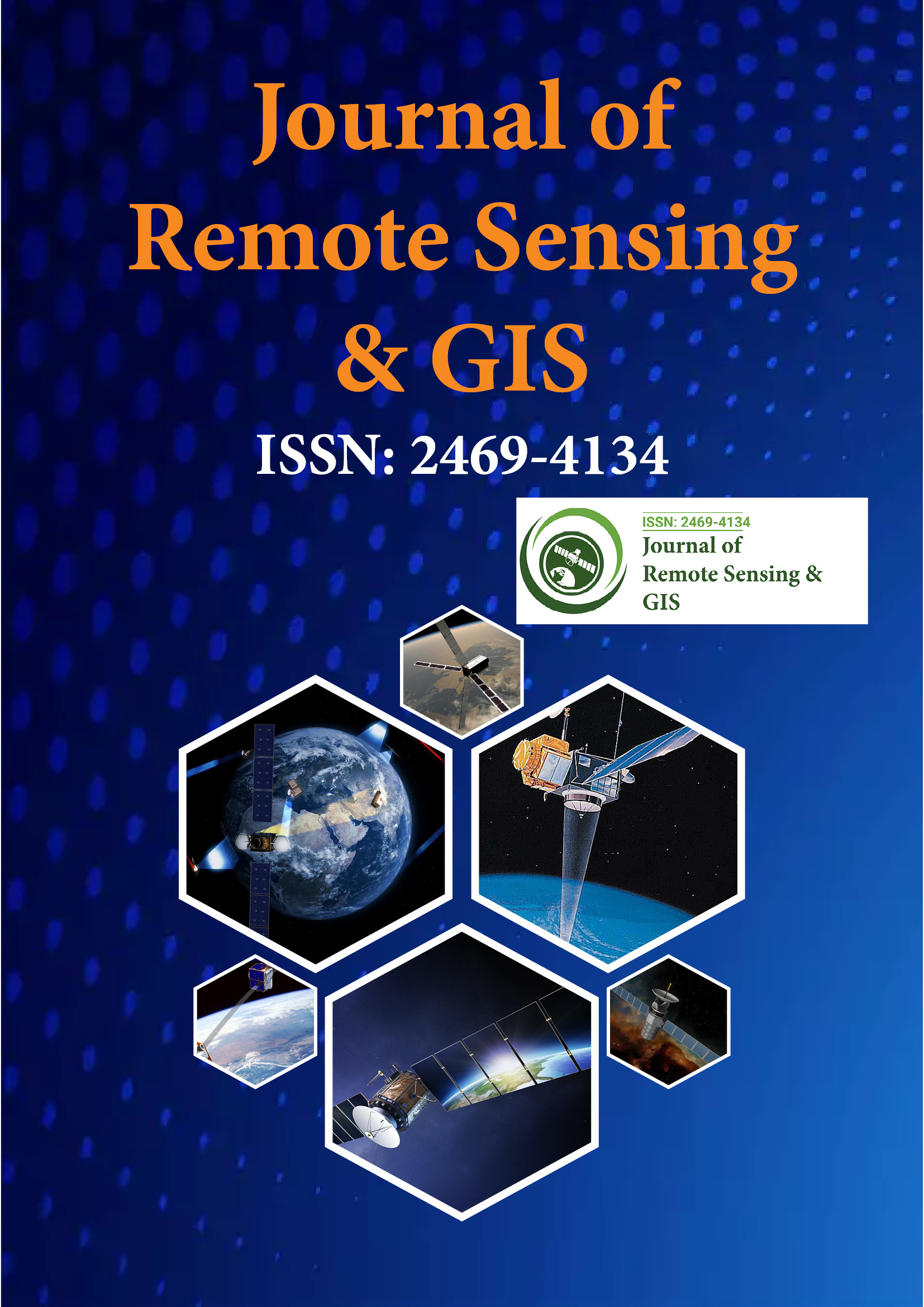Indexado em
- Abra o Portão J
- RefSeek
- Universidade de Hamdard
- EBSCO AZ
- OCLC- WorldCat
- publons
- Indexação Científica Internacional
- Euro Pub
- Google Scholar
Links Úteis
Compartilhe esta página
Folheto de jornal

Periódicos de Acesso Aberto
- Agro e Aquicultura
- Alimentos e Nutrição
- Bioinformática e Biologia de Sistemas
- Bioquímica
- Ciência de materiais
- Ciencias ambientais
- Ciências Clínicas
- Ciências Farmacêuticas
- Ciências gerais
- Ciências Médicas
- Cuidados de enfermagem e saúde
- Engenharia
- Genética e Biologia Molecular
- Gestão de negócios
- Imunologia e Microbiologia
- Neurociência e Psicologia
- Química
Abstrato
Capacidade de manipulação semelhante à humana para robôs: aprendizagem e design de controlo
Chenguang Yang
Num futuro próximo, espera-se que os robôs coabitem com os nossos seres humanos e trabalhem em estreita colaboração connosco em vários campos e até mesmo na nossa vida quotidiana. Infelizmente, a maioria das atuais tecnologias de controlo de robôs são concebidas para robôs industriais convencionais que operam por detrás da proteção e para tarefas predefinidas e, por isso, não são capazes de lidar com as diversas tarefas em ambientes dinâmicos desconhecidos. Por conseguinte, o autor estuda técnicas de controlo adaptativo semelhantes às humanas, bem como técnicas de transferência de competências de robôs humanos altamente eficazes. Seguindo o princípio “do humano e para o humano”, ou seja, estudar as capacidades de controlo motor humano para desenvolver melhores controladores de robôs para apoiar os colaboradores humanos, não só visam a manipulação versátil e hábil do robô, como também tentam fazer com que o robô preste assistência personalizada aos humanos. Trabalham para criar uma nova área de aplicação interdisciplinar onde os fisiologistas sejam capazes de empregar os seus conhecimentos e experiências juntamente com os roboticistas, através de investigações aprofundadas sobre a relação entre humanos e robôs.